Business & Commercial Loans
With over two decades experience as a Chartered Accountant, working with business of all sizes, founder, Tanya du Preez, brings a unique blend of business and finance know-how to the table to customise solutions for our business clients, large or small.

Business finance solutions to help your business grow
Understanding the cashflow cycle of your business is key to success. We’ll help you understand that cycle and work with you to secure the funding required meet your business’s needs.
From loans and purchasing your business premises, vehicles or equipment, to overdrafts, trade finance, purchasing stock or finance solutions to unlock the cash in your debtors ledger sooner, we’ll help you work it out and set your business up for success.
We can help you achieve your business goals.
Purchasing commercial property
If you’re considering buying business premises, we can help you secure the finance. We have the right network of professionals to help you evaluate the options and make it happen if it makes sense for you.
Buying commercial vehicles & equipment
We’ll help you structure the purchase of your new business vehicle or equipment to suit your cashflow and medium to long term plans, all while negotiating a great rate for you.
Improve cash flow
Identifying solutions within your existing business finance structure is an expertise we offer, helping you manage stock better and improving your relationships with debtors, creditors, and even the ATO.
Unsecured business loans
Unsecured business loans can help you cover unexpected or urgent expenses or improve cash flow, but come at higher interest rates. Our experts can help you make an informed decision on any business loan you may need.
Lenders we work with
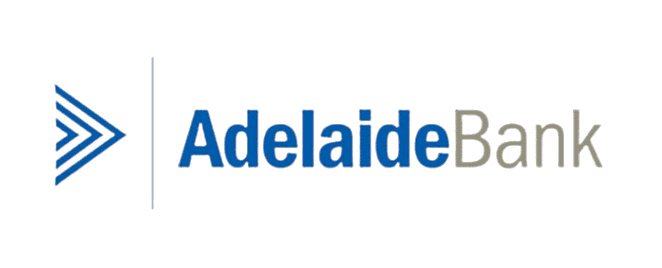
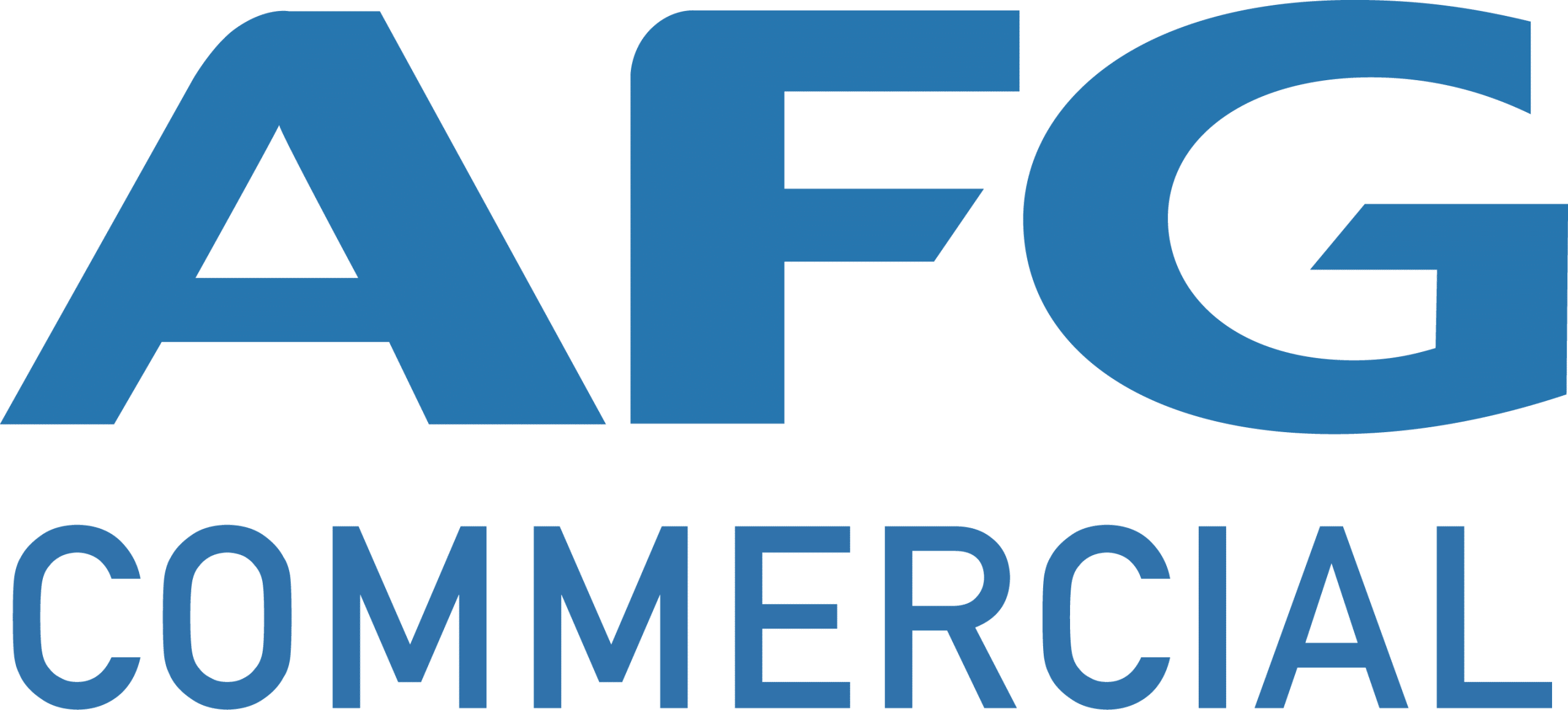
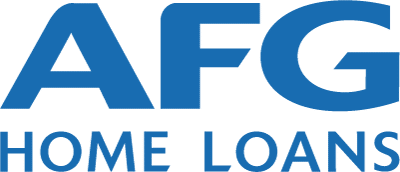
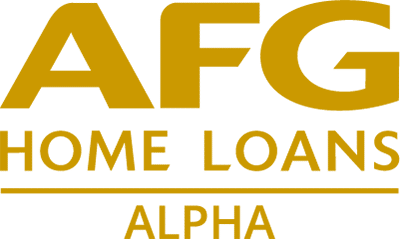
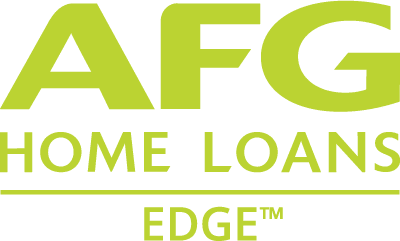
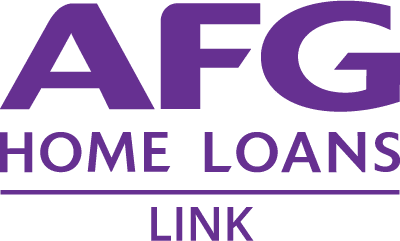
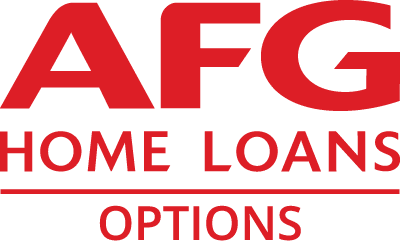
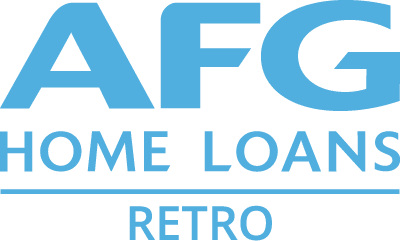
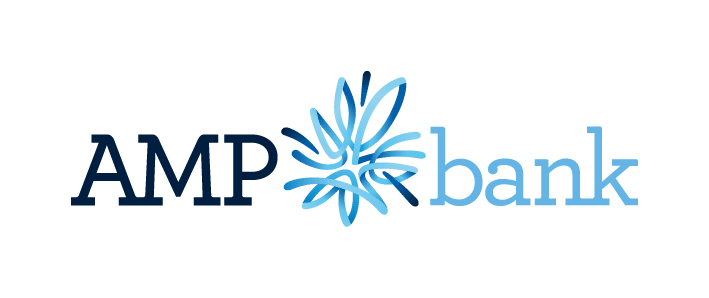
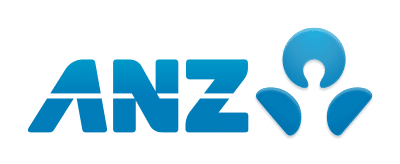
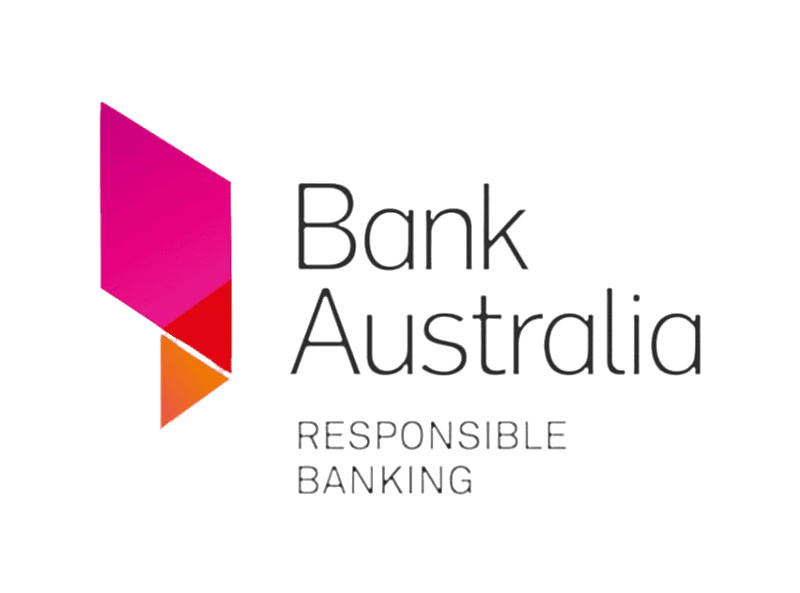
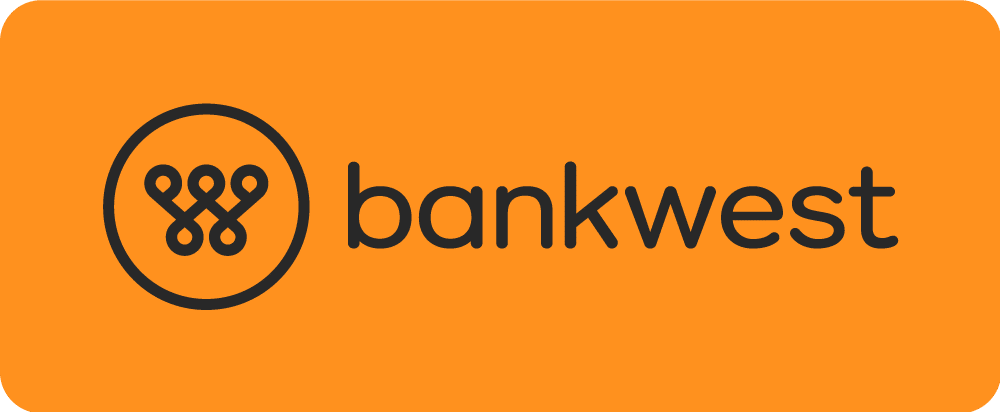
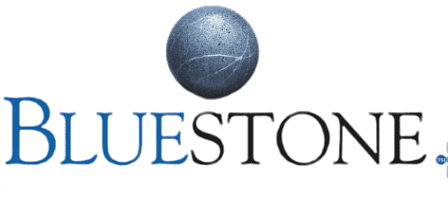

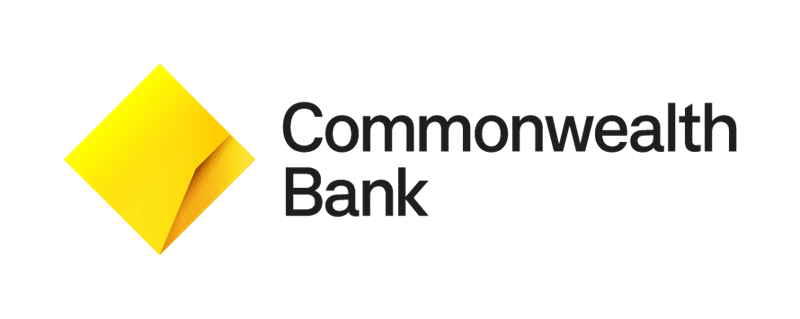
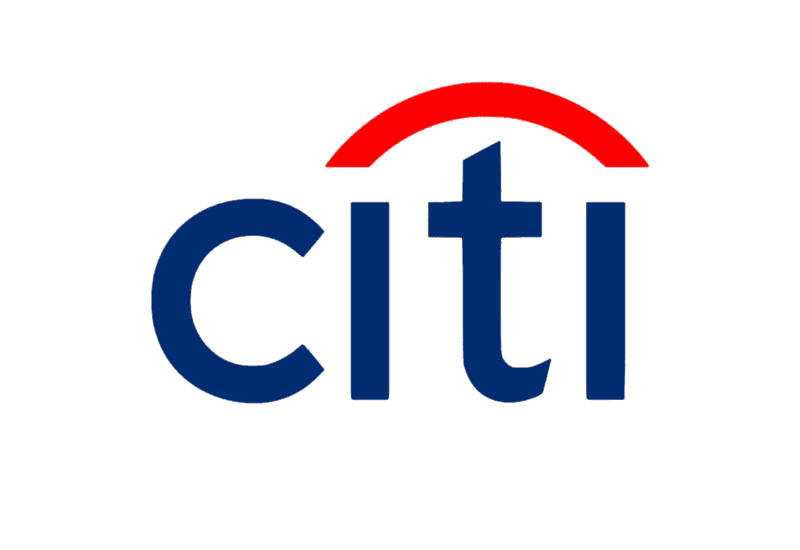
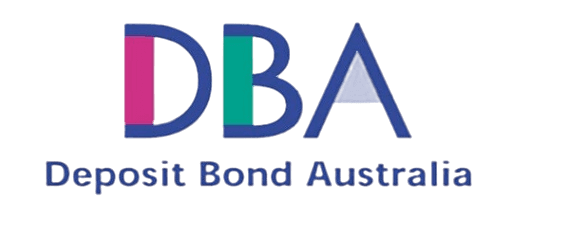
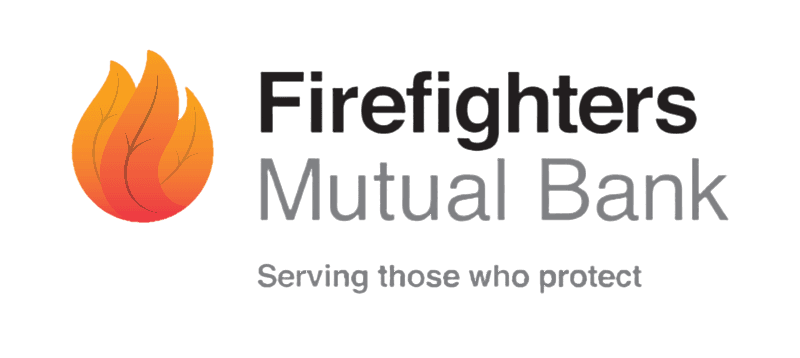
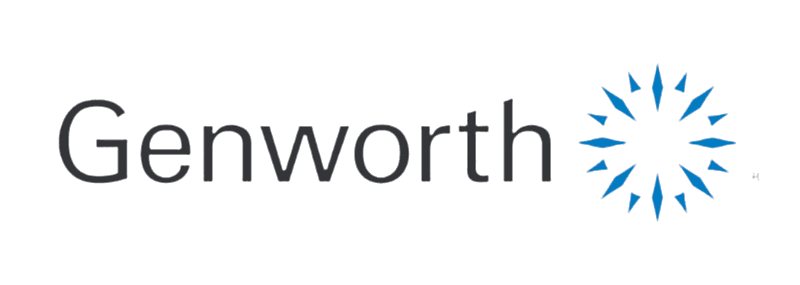
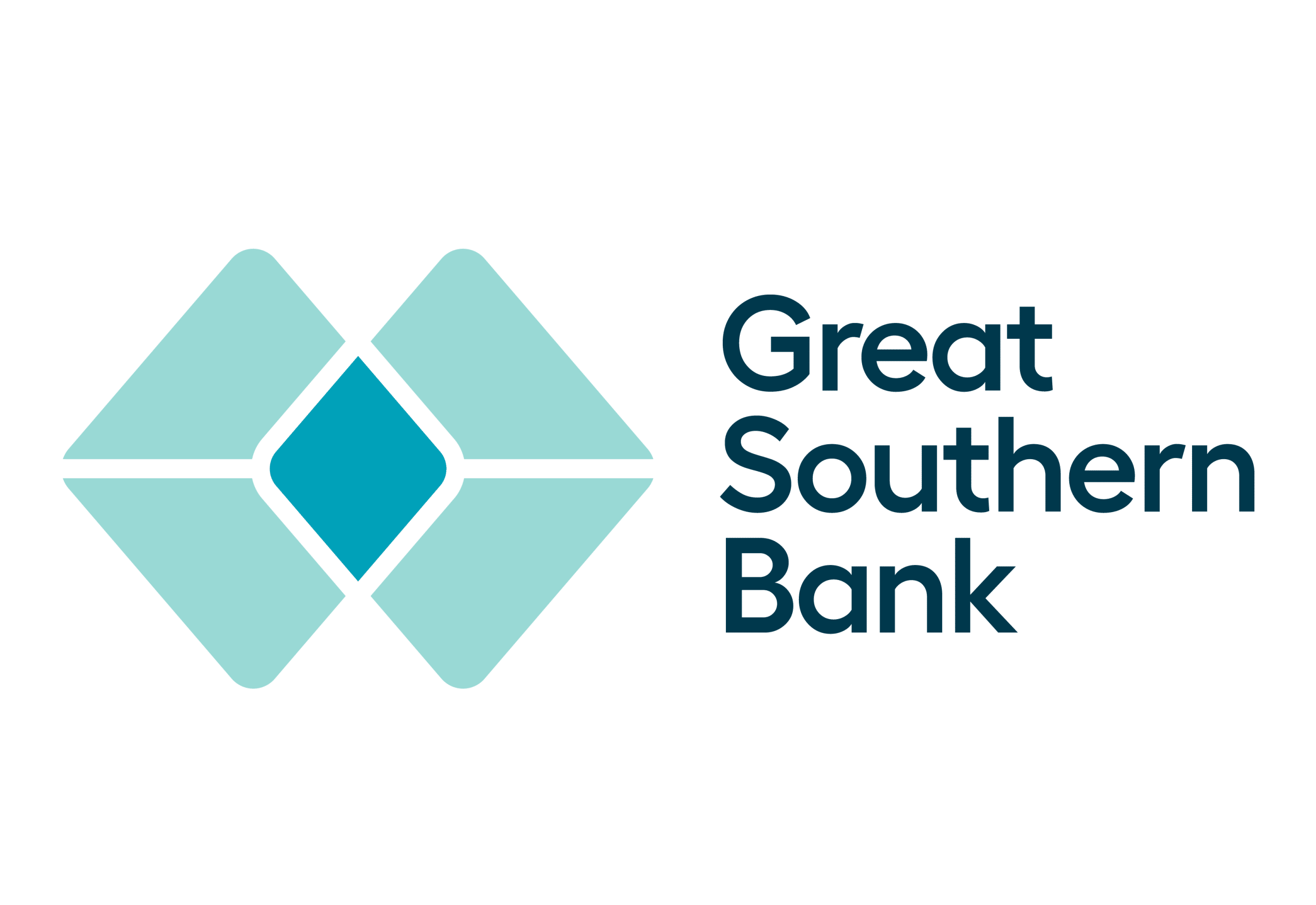

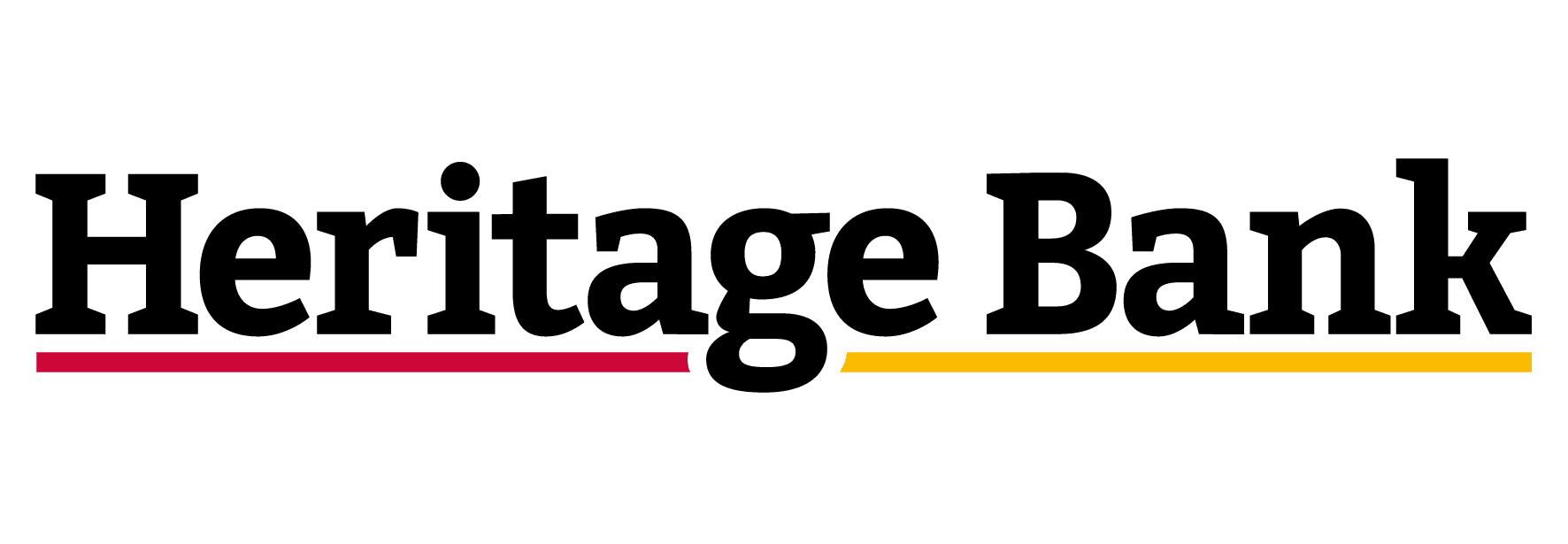


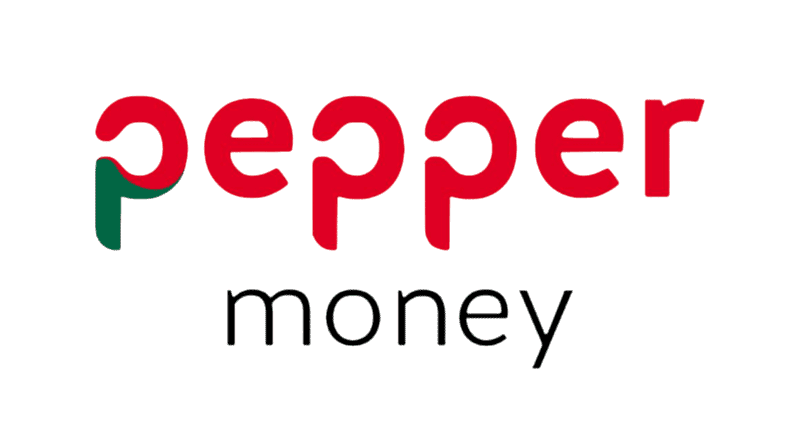
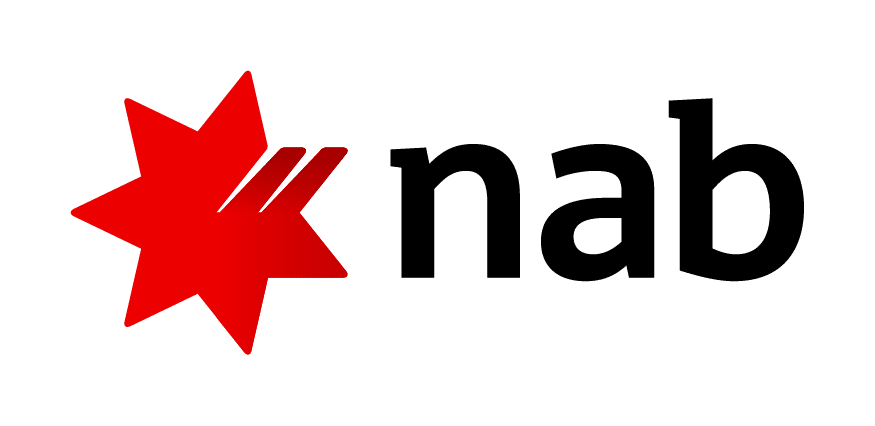

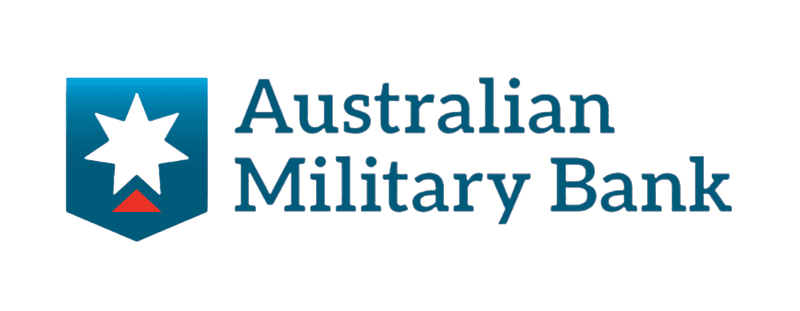

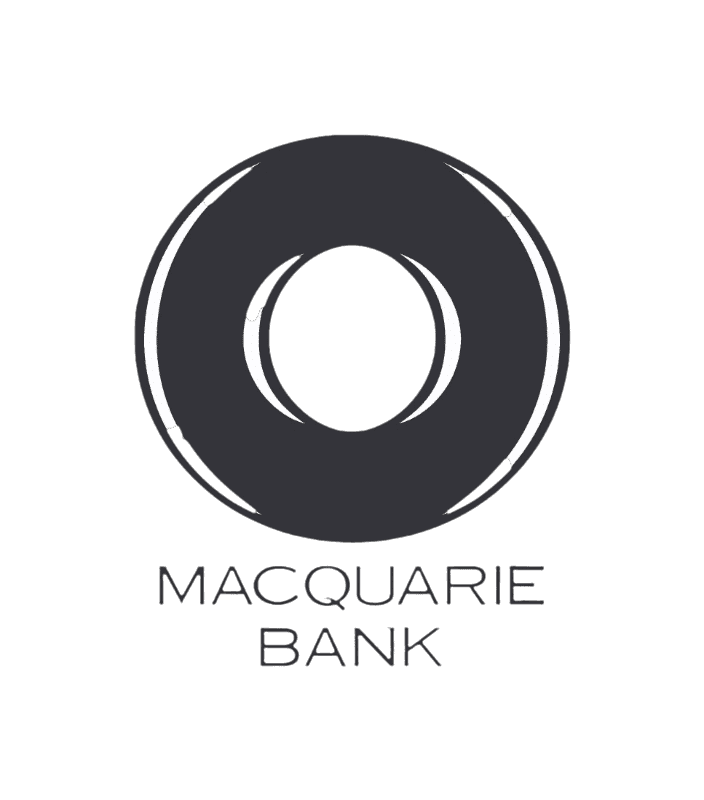
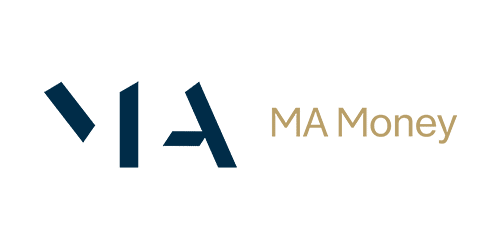

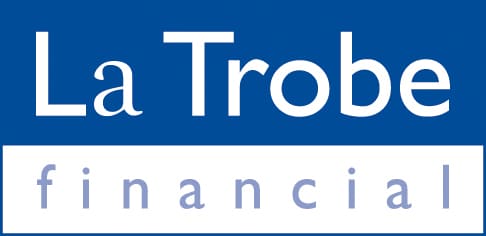
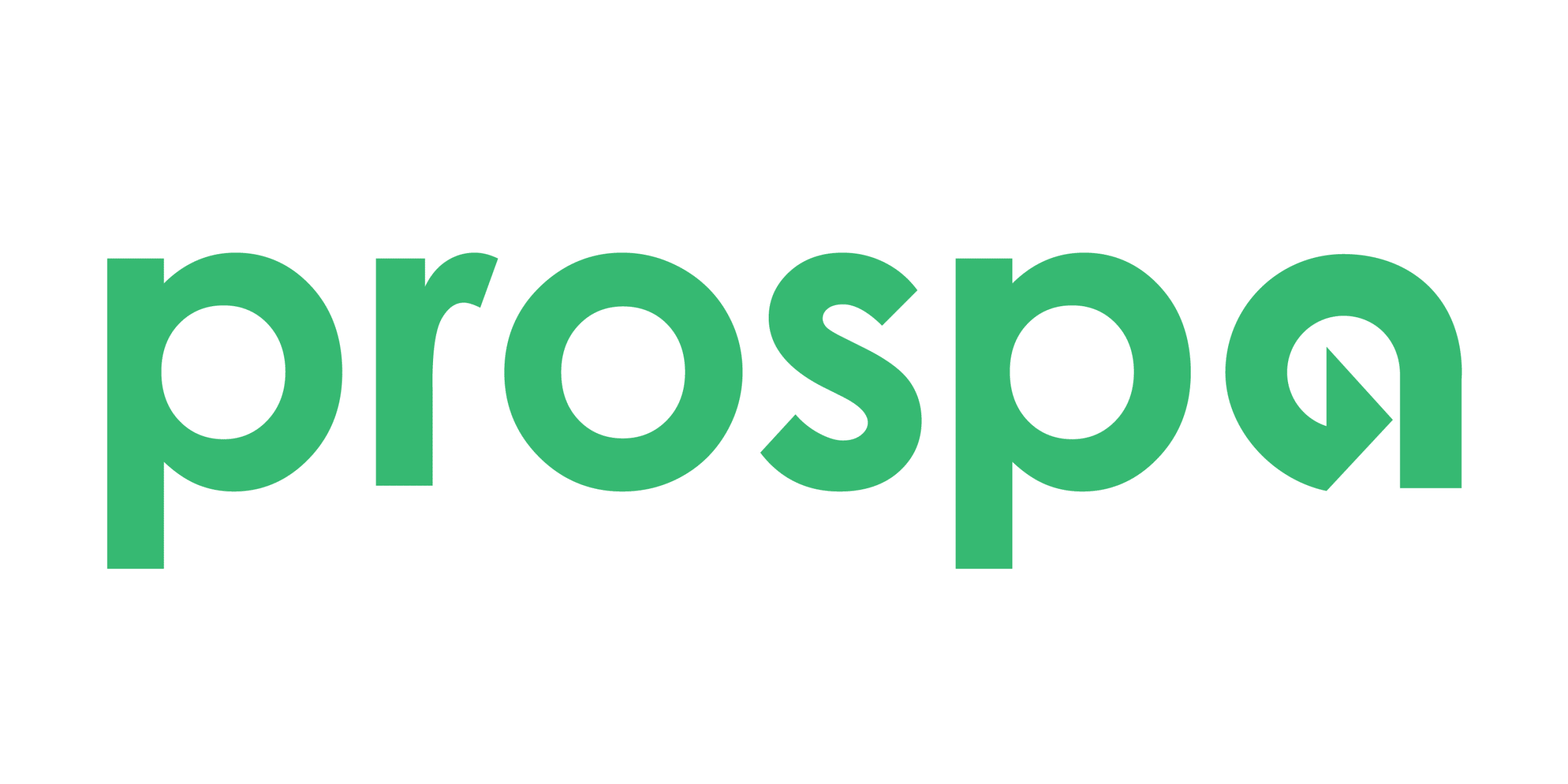


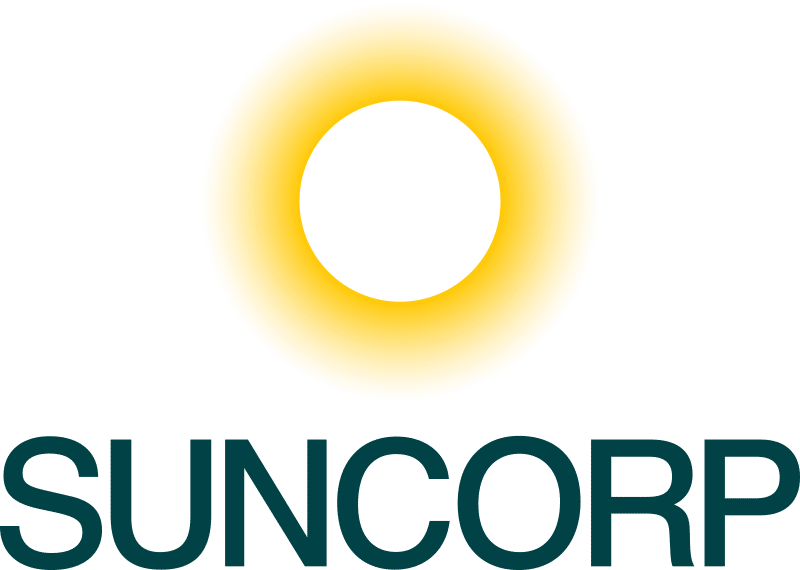
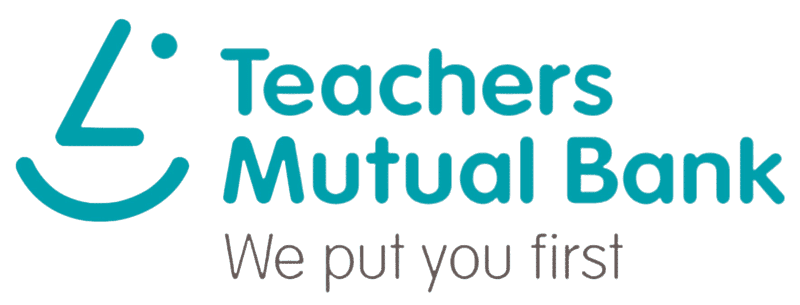
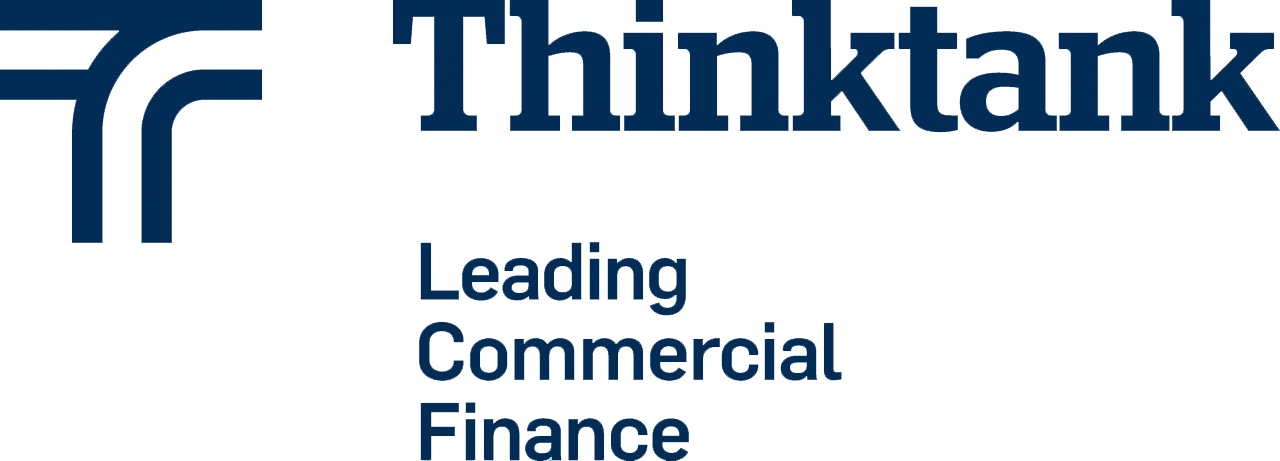

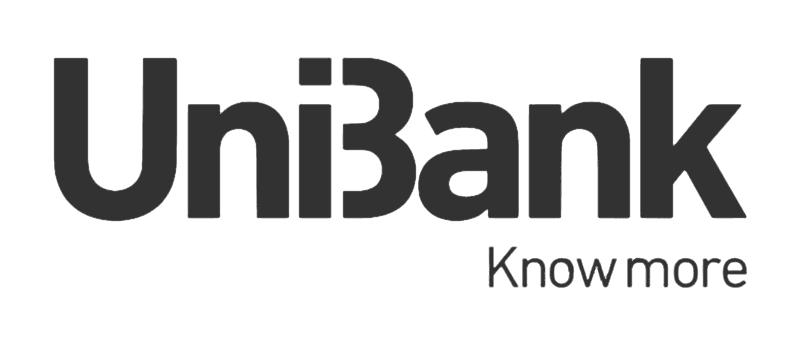


Who we work with




Get a business finance specialist in your corner
We’ll save you time and money by building you a business-centric financial strategy that meets your needs as your business grows.
Questions?
We’ve got the answers
Lenders will want to ensure that the business is financially stable, that management are experienced and that the projected cashflows that will enable repayment of the loan.
They will consider the creditworthiness of the both the business and its owners and likely look at how the business manages its obligations with creditors and especially the ATO.
Banks will also look to understand how the funds to be borrowed will aid growth of the business and improve cashflows.
A business line of credit is similar to a credit card in that you can draw and repay funds as you need them (up to the credit limit). It means that you only pay interest on the amount you use, rather than the full credit limit. In some instances, the lender may charge a “line fee” of 1% to 2% on the limit of the facility as a fee for having the funds available to you.
The main advantage of a line of credit is flexibility. You have access to money when you need it, and you can better manage your cash flow, making repayments when cash comes in. The line of credit can be unsecured or secured only over the business, so you don’t need to put up property as security. Unsecured facilities will be at a higher rate.
A business overdraft is a facility that lets you “overdraw” on your normal business bank account up to an approved amount.
The advantage being that you have a safety net in case of unexpected expenses and that the funds are available in your trading account.
You’re charged interest on the overdrawn amount. There are also usually ongoing account management fees. Most overdrafts don’t have a specified required repayment but are subject to the lender being able to call for settlement in full at any time (subject to the notice period specified in your loan contracts).
Even with no minimum monthly payment, it’s advised to pay the overdraft back quickly to avoid costly interest. Most lenders expect that an overdraft will fluctuate rather than remain fully drawn.
A working capital loan is a short-term business loan that you can use for equipment or fit out not suitable for asset finance, projects such as marketing, or for example to finance stock needed for new contracts as you grow.
You’ll be required to make monthly repayments from when you draw the funds. Loan terms are usually short – anywhere from 6 to 18 months.
How much of the purchase price of a commercial property you’ll be able to borrow will depend on a number of factors.
If you’re purchasing a property that you will run your own business from and the purchase price is under certain limits, you may be able to put in as little as 20% plus costs.
If you’re purchasing a property that will be let out you’ll need to budget on a higher deposit, potentially up to 40% plus costs, and in the cases of specialised securities it is usually be negotiation depending on the risk profile of the property.
Cross collateralisation is when a lender takes more than one property as security for a loan. It’s very common as a business grows that lenders will seek to take not only a general charge over the business but also “bricks and mortar” security in the form of a mortgage over the business owners home and/or investment properties.
While in some cases it may be a necessary compromise to secure the funds you need to grow, having a strategy to work towards having your home being released is key.
Some of the risks of cross collateralisation include:
- Increased risk of the loss of multiple properties in the event of a default.
- Allowing the lender easier options to choose which property is sold first in the event of a default. It’s quite likely that your family home will be better presented and easier to sell than a rental property with tenants in it or a business that may be experiencing trading difficulties.
- Cross-collateralisation can limit your options if you’re wanting to restructure or access equity in any of your properties in the future. It gives the lender the ability to revalue all of your properties and reassess your entire position before agreeing to even a minor change on one loan within your portfolio.
- A lender may retain all proceeds from the sale of a property to reduce debt, whether this was your intention behind selling an asset or not.
Choosing the right asset and equipment finance can give you further benefits than just preserving your day-to-day funds:
- Assets and equipment can generate immediate income
- Finance can help preserve working capital
- Fixed repayments may give you the ability to budget more accurately
- The asset secures the loan, allowing better rates than unsecured lending
- There may be potential tax advantages to consider
Almost any asset, plant or equipment that can help generate income for your business may be able to be financed, and can include:
- Motor vehicles
- Commercial vehicles
- Plant and machinery
- Agricultural equipment
- Solar power equipment
- Medical and dental equipment
- General business equipment
- Retail and office fit-outs
There are many different financial products available – some more popular than others, and it’s important to discuss with your professional advisers, such as your accountant, which product may be most appropriate for your business needs. The options include Commercial Hire Purchase, Chattel Mortgage, Finance Lease, and Operating Lease – and we can help you evaluate the key benefits and differences for each product. Two of the more common are chattel mortgages and finance leases.
Chattel Mortgage
The asset belongs to you from the beginning and the lender has a ‘charge’ over the asset that secures the loan until the final payment has been made. Because the borrower holds title to the goods there may be taxation benefits. So it’s important to get the right advice from an appropriate professional adviser, such as an accountant, as to whether this finance would work for you and your business.
Finance Lease
The lender (lessor) purchases the equipment outright. The borrower (lessee) gets to use the equipment for the term of the lease in return for lease/rental payments. Under a finance lease the borrower (lessee) traditionally doesn’t need to outlay any working capital and may also be eligible to claim a tax deduction. You should consult your tax adviser about potential tax deductions when considering a finance lease. And, as we said above, do get the right advice from an appropriate professional adviser, such as an accountant, as to whether this finance would work for you and your business.
Yes, an SMSF can borrow money to invest in property provided they use a Limited Recourse Borrowing Arrangement (LRBA).
Lending to SMSFs is complex, heavily regulated and there are restrictions on SMSF borrowings including:
- Borrowings can only be used to acquire a single asset.
- You cannot redraw extra repayments made, and you cannot borrow against equity in an asset in your SMSF.
- You cannot borrow to build on land owned in your SMSF or to improve an asset owned by your SMSF (or held by a Bare trust while under finance).
Most lenders require a personal guarantee from the trustees. Should the loan default, under the Limited Recourse Borrowing Arrangement (LRBA) the lender’s rights are limited to the asset held in the separate trust, safeguarding the other assets held in the SMSF. So while the assets and funds in the SMSF are protected, the lender can gain access to the trustees’ personal assets if there is a default on the SMSF loan


